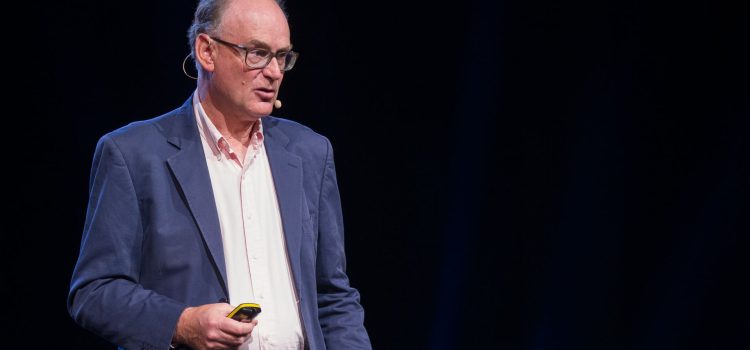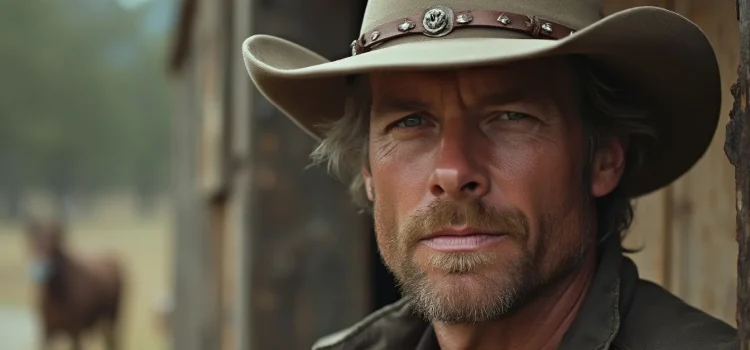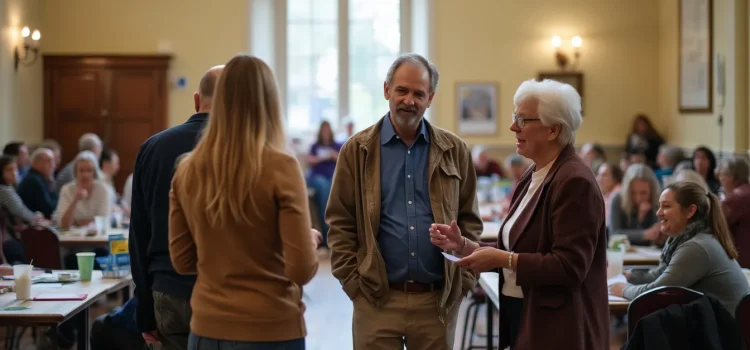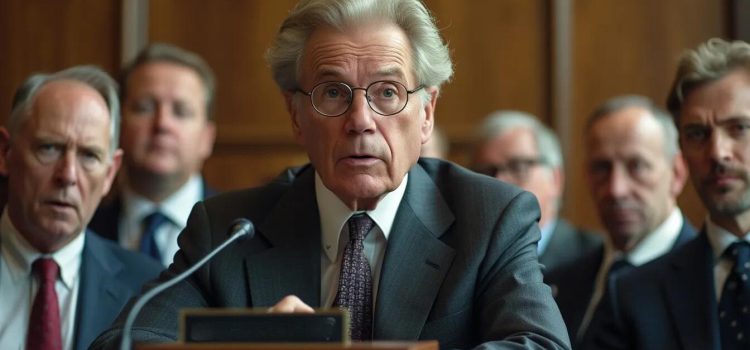Are we on the brink of extinction? What can we do to safeguard humanity’s future? Toby Ord’s book The Precipice: Existential Risk and the Future of Humanity explores the threats facing us. He argues that human actions and technologies now pose serious risks to our survival. Ord outlines natural, man-made, and future threats we must understand and address. Keep reading to learn about the dangers we face and how we can work to secure a bright future for humanity.
The Precipice: Existential Risk and the Future of Humanity










